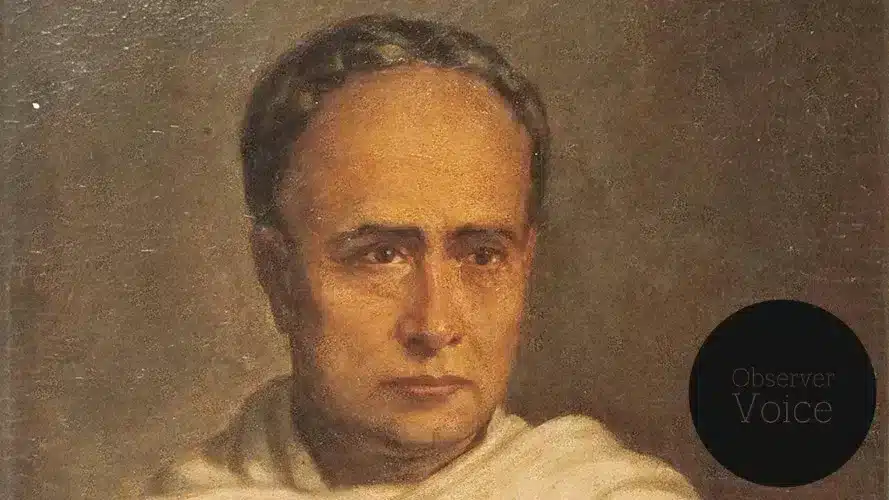Ishwar Chandra Vidyasagar: Enlightening Minds, Empowering Lives in Colonial India

Ishwar Chandra Vidyasagar (26 September 1820 – 29 July 1891) was an Indian educator and social reformer. He was the most prominent campaigner for Hindu widow remarriage. The Hindu Widows’ Remarriage Act, of 1856 was passed even though widow remarriage was considered a flagrant breach of Hindu customs.
Life and Career
Ishwar Chandra Vidyasagar was born on 26 September 1820, in West Bengal, India. He studied Sanskrit Grammar, Literature, Vedanta, Smruti, and Astronomy at Sanskrit College, Calcutta, and graduated in 1841. In 1839, he also passed his Law exam. The Sanskrit College gave him the title “Vidyasagar” because of his depth of knowledge in Sanskrit and philosophy.
In 1841, he became a principal lecturer at Fort William College. His dedication and hard work impressed the college’s secretary, G T Marshall. In 1846, he became an assistant secretary at Sanskrit College. He suggested several changes to the current education system during his first year. The college secretary Rasomoy Dutta didn’t like this. Due to differences with Dutta, Vidyasagar resigned and took over the head clerk’s position at FWC on Marshall’s advice. In 1849, he joined the Sanskrit College again as a literature professor and in 1851, he became principal.
In 1855, he became a special inspector of schools. He visited schools all over Bengal. As he traveled, he saw how people lived in pathetic conditions. There were a lot of superstitions and blind faiths because of a lack of education. To spread the light of education, he opened schools all over Bengal. He built 20 schools in two months. Also, he opened 30 girls-only schools to promote gender equality. In 1854, the FWC closed, and a Board of Examiners was created. He was an active board member.
Vidyasagar didn’t have the freedom or respect he deserved to do his job under the new boss at the Education Department. In 1854, he resigned from Sanskrit College. Angry about the plight of child widows in India, he worked hard to make life better for them. His stance on widow remarriage was strong, and he tried to raise awareness about it. There are a lot of reasons why child widows are on the rise, including the fact that rich men of high castes used to have many wives they left behind when they died. As a result, Vidyasagar also opposed polygamy.
He used to give money to the needy from his salary. In addition to nursing people back to health, he admits students from lower castes to his college and cremates unclaimed bodies. In his academic career, he reconstructed Bengali alphabets and started Bengali prose. Bengali typography was reformed into twelve vowels and forty consonants by him.
He died on 29 July 1891, in West Bengal, India.
Read More: Samudrayaan Mission
Read Also: INS Vikrant handed over to Navy
Observer Voice is the one stop site for National, International news, Sports, Editor’s Choice, Art/culture contents, Quotes and much more. We also cover historical contents. Historical contents includes World History, Indian History, and what happened today. The website also covers Entertainment across the India and World.
Follow Us on Twitter, Instagram, Facebook, & LinkedIn

